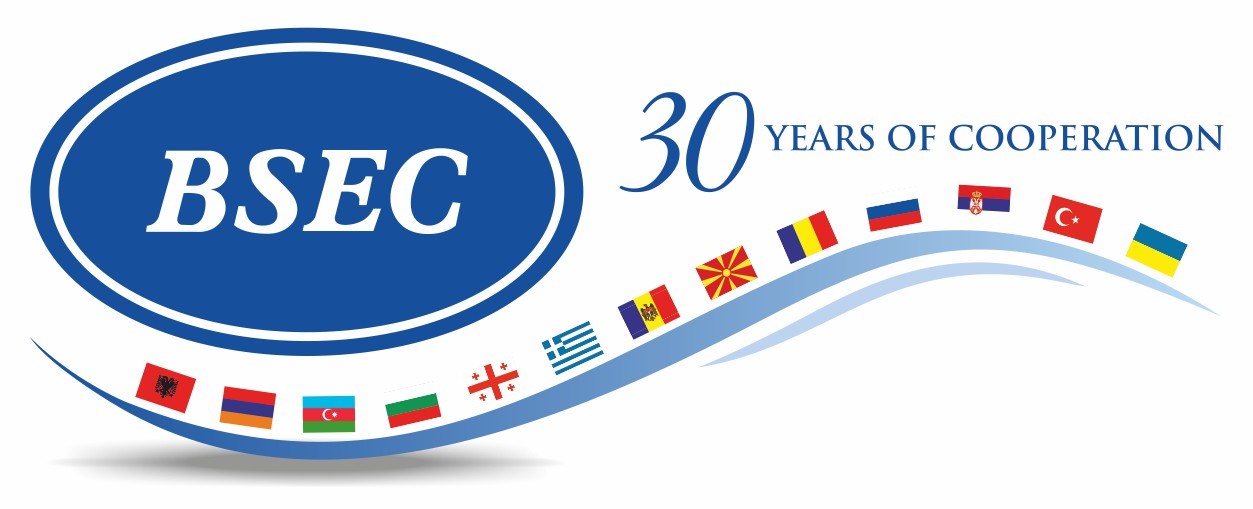
Independent Researcher
The ongoing war between Russia and Ukraine is having a devastating influence in the world. The Black Sea Region in specific is being affected most from the war in Ukraine. This is the reason why security in the Black Sea Region has started to be discussed more frequently since last February when the war broke out. It is no surprise that the Black Sea Region will be more and more militarized and conflictual in the future, according to the estimations[1].
The Montreux Convention of 1936 is of vital importance for Türkiye due to the Convention granting Türkiye the right to block military vessels from entering the Black Sea during war time and it is not likely that Türkiye will lose this advantage[2]. In this context, Türkiye will continue to pursue its balance policy between Russia and Ukraine. This means that Türkiye will pursue its relations with Russia as a NATO member[3]. Besides, Türkiye will continue to ensure free and open access for Black Sea commerce in the future[4] and this is beneficial not only for Türkiye and region, but also for the world.
However, NATO will probably seek more security in the future. Indeed, this search has already started.
Accordingly, on June 29, 2022, it was revealed during the Madrid Summit that the NATO is planning to strengthen its defensive posture in the Black Sea region[5]. As a matter of fact, in the latest NATO Strategic Paper, it was mentioned that Black Sea along with the Balkans is of vital importance for the NATO[6]. In addition to this, it was emphasized that NATO will keep backing Euro-Atlantic interests in the related countries of the region[7]. Furthermore, it is stated in the NATO strategic paper that the Alliance will increase its efforts to support the capabilities of its allies to face with the various threats and challenges as well as improving their resilience against third party interferences[8].
With regard to this, central European countries have started to seek ways to counter Russian influence and come up with the Three Seas Initiative with a view to provide another access to the Black Sea. The Three Seas Initiative includes Romania and Bulgaria, yet there has been some discussions of enlarging it with non-EU members such as Ukraine, Georgia and Moldova[9].
The Russo-Ukrainian War further raised concerns on the Black Sea[10]. In fact, the blockade of Ukrainian grain exports is threatening for the world grain supplies[11]. Thankfully, a quadrilateral grain agreement was signed on July 22 between Türkiye, Ukraine, Russia, and the UN. With this the first shipment of grain cargo left Ukrainian ports on August 1[12].
However, the grain deal, by with itself, is not enough to solve the problems in the Black Sea region. There is no doubt that Black Sea countries seek security by all means today with the continuing war. Romania is one of the Black Sea countries that particularly comes to core on Black Sea security[13]. Other countries such as Moldova, Georgia, Azerbaijan, and Bulgaria, also voice concerns about Black Sea security[14].
The answer and solution to most of these concerns however should lead to The Organization of the Black Sea Economic Cooperation (BSEC), founded on June 25, 1992 at the İstanbul Summit[15]. The member countries of the BSEC, other than Türkiye-which has played an active role in its establishment, are Albania, Azerbaijan, Bulgaria, Armenia, Georgia, Moldova, North Macedonia, Romania, Russia, and Serbia[16]. The headquarters of the BSEC is located in İstanbul[17] and Türkiye has played an active role in the establishment process of the BSEC[18] . Moldova, currently, is the chair of the organization[19]. The aims of the Organization can be summarized as enhancing mutual respect, confidence, and dialogue among the member countries; developing mutual relations among member countries; improving the business environment; developing economic collaboration and finally, encouraging member countries to participate in international economic and financial institutions[20]. It is noteworthy that 19 working groups on trade, economy, transportation, energy, communication, science, and technology exist within the Organization[21]. Moreover, the BSEC has enlarged its activities from purely economic field to new areas such as environmental protection, water management, science and technology, institutional renewal and good governance, seismic protection and soft security measures in multilateral cooperation[22].
Originally, BSEC was established with a commitment of entering into an economic cooperation as well as being bound to Helsinki Final Act, as well as the principles of the Organization for Security and Cooperation in Europe (OSCE)[23].In time, BSEC transformed into a full-fledged international organization from a regional cooperation mechanism[24]. Consequently, BSEC started to have closer relations with the United Nations, World Bank, and the OECD[25]. Additionally, three BSEC members, which are Bulgaria, Greece and Romania are EU members[26].
Türkiye strictly follows and believes in the advantages of the regional cooperation and for this reason, it has been strongly committed to BSEC and its principles[27]. As a matter of fact, the peace it offers is strategic for today. Despite the fact that two the members, namely Russia and Ukraine, of BSEC are at war today, what we support is peace in the Black Sea region. In this sense, the Black Sea countries must seek peace within regional cooperation and multilateralism. BSEC offers regional cooperation through trade and economic ties, and peace to the region and for this reason, it can be a much more influential organization in the future.
[1] James Jay Corafano, “The Contest over the Black Sea in the New Cold War”, GIS, August 16, 2022, https://www.gisreportsonline.com/r/black-sea-security/
[2] Ibid.
[3] Ibid.
[4] Ibid.
[5] Ibid.
[6] “NATO 2022 Strategic Concept”, NATO, June 28, 2022, https://www.nato.int/nato_static_fl2014/assets/pdf/2022/6/pdf/290622-strategic-concept.pdf
[7] Ibid.
[8] Ibid.
[9] Corafano, “The Contest over the Black Sea in the New Cold War”.
[10] Ibid.
[11] Ibid.
[12] Ibid.
[13] Ibid.
[14] Ibid.
[15] “Organization of the Black Sea Economic Cooperation (BSEC)”, Ministry of Foreign Affairs of Türkiye, https://www.mfa.gov.tr/the-black-sea-economic-cooperation.en.mfa
[16] Ibid.
[17] Ibid.
[18] Ibid.
[19] Ibid.
[20] “Our Mission”, BSEC, http://www.bsec-organization.org/our-mission
[21]“Organization of the Black Sea Economic Cooperation (BSEC)”, MFA, https://www.mfa.gov.tr/the-black-sea-economic-cooperation.en.mfa
[22] Ertuğrul Apakan, “Turkey´s Approach to the Black Sea Region and to the Organization of The Black Sea Economic Cooperation (BSEC)”, Ministry of Foreign Affairs of Türkiye , https://www.mfa.gov.tr/turkey_s-approach-to-the-black-sea-region-and-to-the-organization-of-the-black-sea-economic-cooperation-_bsec_-.tr.mfa
[23] Apakan, “Turkey´s Approach to the Black Sea Region and to the Organization of The Black Sea Economic Cooperation (BSEC)”.
[24] Ibid.
[25] Ibid.
[26] Ibid.
[27] Ibid.
© 2009-2025 Avrasya İncelemeleri Merkezi (AVİM) Tüm Hakları Saklıdır
Henüz Yorum Yapılmamış.
-
 BÖLGESEL KAPSAMLI EKONOMİK ORTAKLIK (RCEP): İLAVE BİR AÇIKLAMA - 21.03..2022
BÖLGESEL KAPSAMLI EKONOMİK ORTAKLIK (RCEP): İLAVE BİR AÇIKLAMA - 21.03..2022
Deniz ÜNVER 21.03.2022 -
 WESTERN SUPPORT TO TERRORISM TARGETING TURKEY- 29.06.2022
WESTERN SUPPORT TO TERRORISM TARGETING TURKEY- 29.06.2022
Deniz ÜNVER 29.06.2022 -
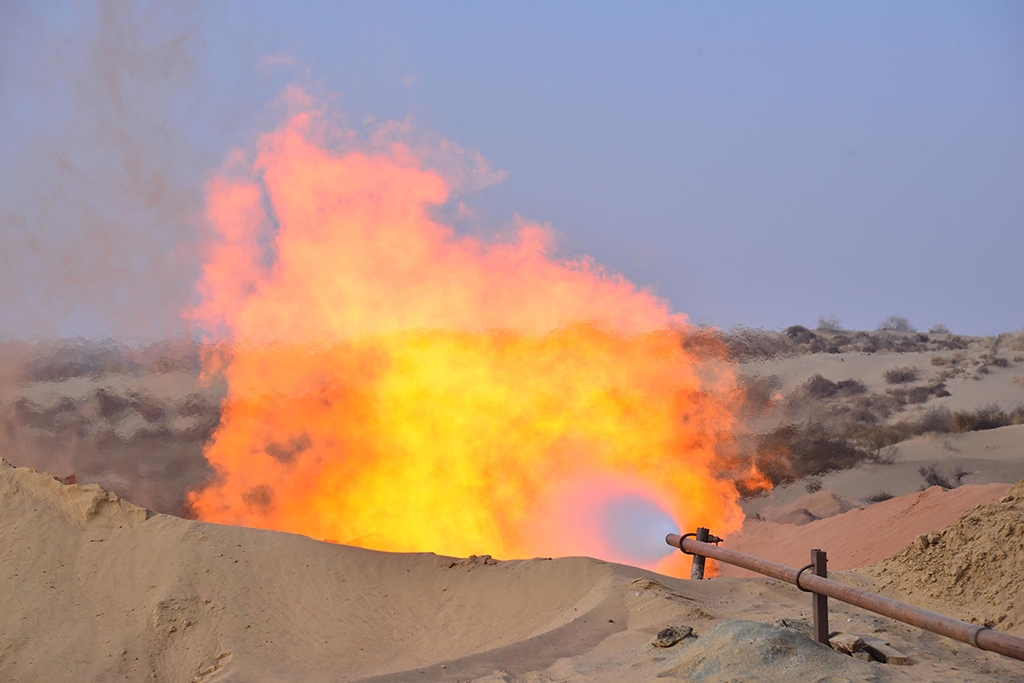 AVRUPA’NIN ENERJİ KRİZİ VE TÜRKMEN GAZI - 17.03.2023
AVRUPA’NIN ENERJİ KRİZİ VE TÜRKMEN GAZI - 17.03.2023
Deniz ÜNVER 17.03.2023 -
 THE GREEN POLICY OF TÜRKİYE AND ITS PROGRESS - 23.10.2023
THE GREEN POLICY OF TÜRKİYE AND ITS PROGRESS - 23.10.2023
Deniz ÜNVER 23.10.2023 -
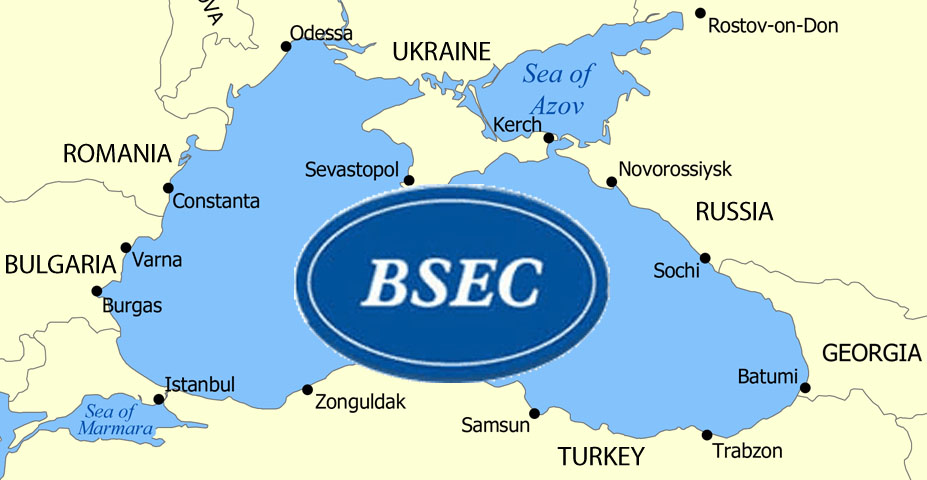 ABD VE RUSYA ARASINDAKİ İNSANSIZ HAVA ARACI ANLAŞMAZLIĞI BAĞLAMINDA KARADENİZ EKONOMİK İŞ BİRLİĞİ VE KARADENİZ’DE GÜVENLİK - 27.03.2032
ABD VE RUSYA ARASINDAKİ İNSANSIZ HAVA ARACI ANLAŞMAZLIĞI BAĞLAMINDA KARADENİZ EKONOMİK İŞ BİRLİĞİ VE KARADENİZ’DE GÜVENLİK - 27.03.2032
Deniz ÜNVER 28.03.2023
-
SIRBİSTAN’IN YENİ HÜKÜMETİ ESKİ KONULARI TARTIŞMAYA AÇTI
Erhan TÜRBEDAR 06.08.2012 -
MÜZAKERELER 2015’DE
Ata ATUN 10.03.2013 -
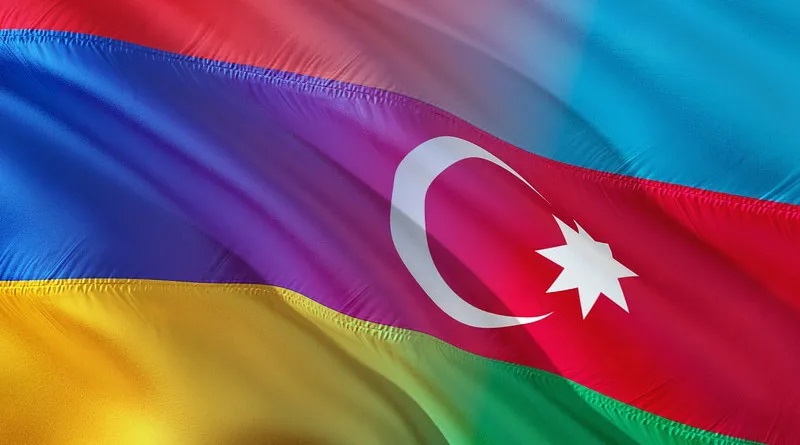 WHY UN HAS GOT IT WRONG ON GENOCIDE - EURASIA NEWS - 15.09.2023
WHY UN HAS GOT IT WRONG ON GENOCIDE - EURASIA NEWS - 15.09.2023
Taras KUZIO 18.09.2023 -
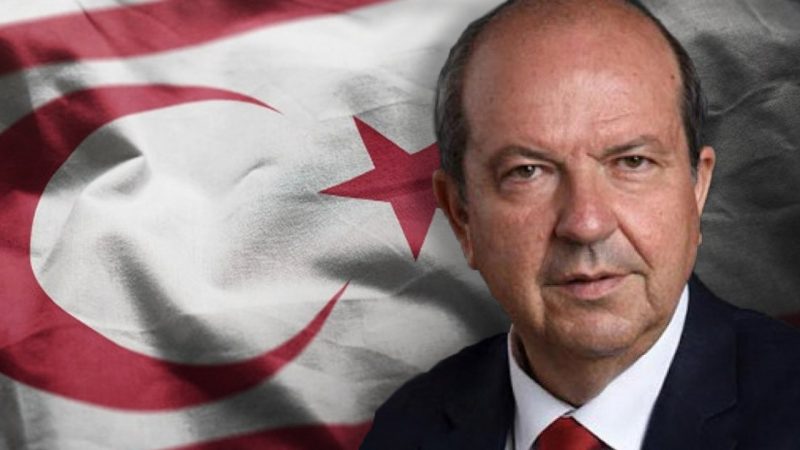 EXCLUSIVE INTERVIEW WITH PRIME MINISTER OF TRNC: 'THE FEDERAL SOLUTION' CANNOT GO BEYOND A DREAM - UNITED WORLD - 20.07.2020
EXCLUSIVE INTERVIEW WITH PRIME MINISTER OF TRNC: 'THE FEDERAL SOLUTION' CANNOT GO BEYOND A DREAM - UNITED WORLD - 20.07.2020
Mehmet PERİNÇEK 23.07.2020 -
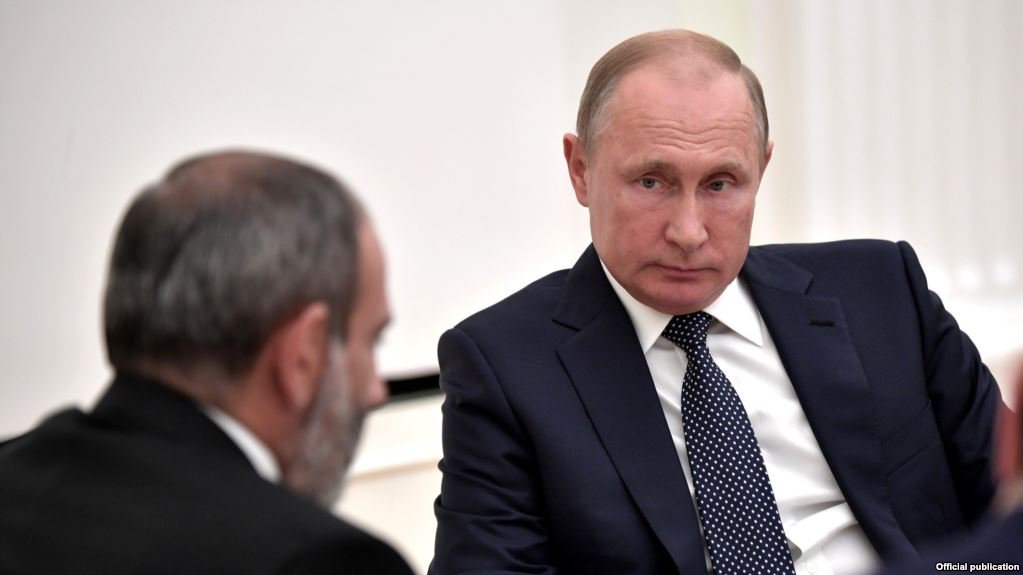 ERMENİSTAN'IN HIZLI DEĞİŞİMİ: DARBE? DEVRİM? KARŞI DEVRİM? - T24 - 19.08.2018
ERMENİSTAN'IN HIZLI DEĞİŞİMİ: DARBE? DEVRİM? KARŞI DEVRİM? - T24 - 19.08.2018
Hakan AKSAY 27.08.2018


